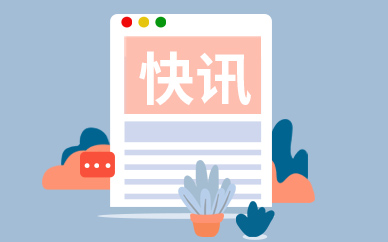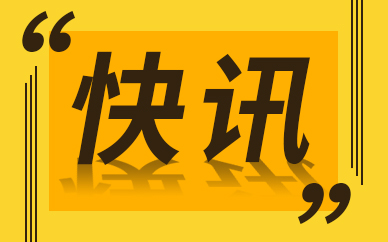 (相关资料图)
(相关资料图)
步骤4:创建Hystrix请求合并器执行器
接下来,我们将创建一个名为“GetDataCollapserExecutor”的类,该类用于执行Hystrix请求合并器:
@Servicepublic class GetDataCollapserExecutor { private final ExternalService externalService; @Autowired public GetDataCollapserExecutor(ExternalService externalService) { this.externalService = externalService; } @HystrixCollapser(batchMethod = "execute", collapserProperties = { @HystrixProperty(name = "timerDelayInMilliseconds", value = "100") }) public Future> getData(String key) { GetDataCollapser getDataCollapser = new GetDataCollapser(externalService, key); return getDataCollapser.queue(); } @HystrixCommand public Map execute(List keys) { Map resultMap = new HashMap<>(); for (String key : keys) { GetDataCollapser getDataCollapser = new GetDataCollapser(externalService, key); resultMap.putAll(getDataCollapser.execute()); } return resultMap; }} 如上所述,我们的GetDataCollapserExecutor类包含以下内容:
构造函数:该函数用于注入ExternalService实例。getData()方法:该方法使用@HystrixCollapser注解进行注释,该注解指定了一个名为“execute”的批量执行方法。在此示例中,我们将timerDelayInMilliseconds属性设置为100毫秒,这意味着如果100毫秒内有多个请求,则它们将被合并为单个请求。execute()方法:该方法使用@HystrixCommand注解进行注释,该注解指定了Hystrix请求合并器执行逻辑。在此示例中,我们遍历请求参数列表,并为每个请求创建一个GetDataCollapser实例。最后,我们将所有结果合并到一个HashMap中,并将其返回。步骤5:测试Hystrix请求合并器
现在,我们可以测试Hystrix请求合并器是否按预期工作。我们将创建一个名为“DataController”的类,并将其用于向客户端公开API:
@RestControllerpublic class DataController { private final GetDataCollapserExecutor getDataCollapserExecutor; @Autowired public DataController(GetDataCollapserExecutor getDataCollapserExecutor) { this.getDataCollapserExecutor = getDataCollapserExecutor; } @GetMapping("/data") public Map getData(@RequestParam List keys) throws ExecutionException, InterruptedException { List>> futures = new ArrayList<>(); for (String key : keys) { futures.add(getDataCollapserExecutor.getData(key)); } Map resultMap = new HashMap<>(); for (Future> future : futures) { resultMap.putAll(future.get()); } return resultMap; }} 如上所述,我们的DataController类包含以下内容:
构造函数:该函数用于注入GetDataCollapserExecutor实例。getData()方法:该方法使用@GetMapping注解进行注释,该注解指定了API的URL路径和请求方法。在此示例中,我们使用@RequestParam注解将请求参数列表注入方法参数,并使用Future和get()方法来获取Hystrix请求合并器的返回值。现在,我们可以使用Postman或类似的工具向API发送HTTP请求,并检查是否成功合并了多个请求。例如,我们可以向http://localhost:8080/data发送具有以下查询参数的GET请求:
?keys=key1&keys=key2&keys=key3这将使用Hystrix请求合并器执行三个请求,并将其结果合并到单个响应中。
步骤6:启动应用程序并测试
现在,我们可以启动应用程序并测试它是否按预期工作。我们可以通过运行以下命令来启动应用程序:
mvn spring-boot:run应用程序启动后,我们可以使用Postman或类似的工具向API发送HTTP请求,并检查是否已成功使用Hystrix请求合并器合并了多个请求。例如,我们可以向http://localhost:8080/data发送具有以下查询参数的GET请求:
?keys=key1&keys=key2&keys=key3如果一切正常,我们将看到以下响应:
{ "key1": "Data for key1", "key2": "Data for key2", "key3": "Data for key3"}这表明Hystrix请求合并器已成功执行三个请求并将其结果合并到单个响应中。
标签:










